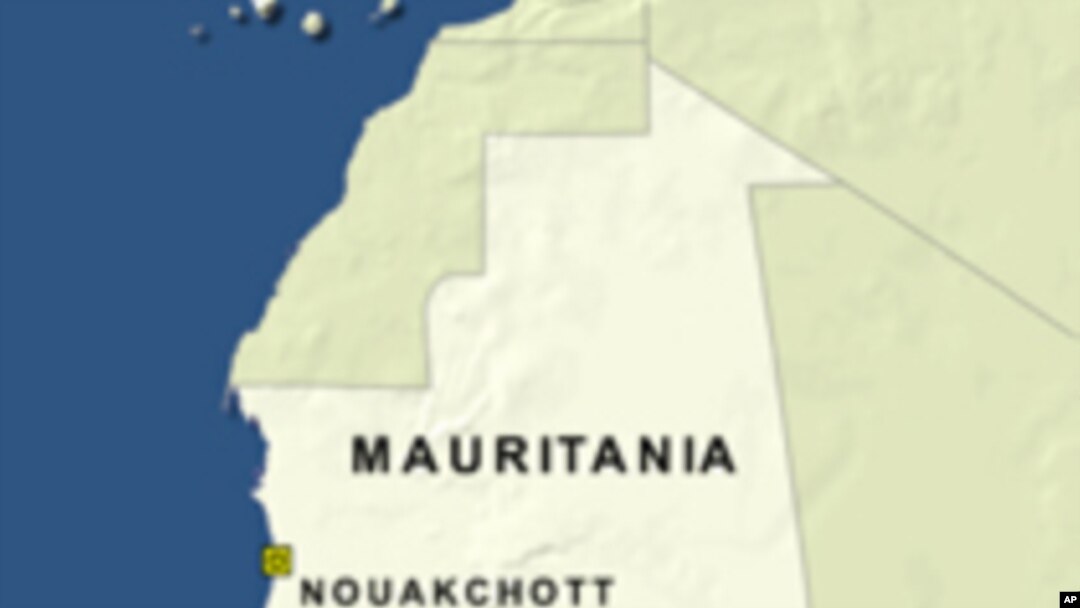Environmental reporters from Africa, Asia, and Latin America are meeting in Mauritania to discuss how the developing world can best make its case for responsible change at December's U.N. climate-change conference in Copenhagen.
The African Network of Environmental Journalists organized this meeting with colleagues from Asia and Latin America to develop a unified media strategy to ensure the Copenhagen summit pays proper attention to the needs of the developing world.
When leaders meet at the U.N. conference in December, they will be discussing how to move forward on climate change when the Kyoto Accords expire in 2012.
Sidi El Moctar Cheigeur chairs the African Network of Environmental Journalists.
As the Kyoto Accords end in 2012, Cheigeur says political leaders must adapt to changing climatic conditions and develop strategies to lower the effect on the environment. That is one of the biggest issues to be discussed in Copenhagen.
Cheigeur says the Copenhagen summit will be a test of the responsibility and engagement of world leaders, especially those in the northern hemisphere who he says will show whether they have the vision and commitment to meet historic responsibilities.
While the roles of reporters and government leaders are different, on this issue Cheigeur says their goals are the same: to protect the rights of those most vulnerable to climate change.
The U.N. Environment Program helped establish the African Network of Environmental Journalists to raise awareness of environmental issues through better reporting for the public and better information sharing between reporters.
The meeting in Mauritania is meant to focus African, Asian, and Latin American environmental journalists on reporting that reflects the need for the fair and transparent distribution of Copenhagen funds to ensure that money is spent properly.
Maria Duvali Ribero is the U.N. Representative in Mauritania.
Ribero says the climatic clock is ticking fast, and all eyes are looking to the future of the planet and the health of future generations.
Negotiations leading up to the Copenhagen summit have made progress toward reducing greenhouse gas emissions. But there are still questions about how much money industrialized countries are willing to spend to help developing countries adapt to the impact of climate change on water resources, urbanization, food security, and biodiversity.
Janos Pasztor is the director of the U.N. Secretary General's Climate Change Support Team.
"Clarity is still lacking on the issue of finance that developing countries need in order to undertake additional actions to limit their emission growth and adapt to the inevitable effects of climate change," Pasztor said.
Those attending the Mauritania meeting say the Copenhagen summit must address the impact of deforestation and forest degradation, especially given the role that forests in Africa, Asia, and Latin America play in regulating global climate.
Idrissa Diarra is Mauritania's environment minister.
Diarra says the developing world's strategy on climate change aims to protect the environment while preserving sustainable development to reduce poverty.
Pasztor says U.N. Secretary General Ban Ki-moon is encouraging parties to the Copenhagen summit to negotiate in a spirit of flexibility and enlightened self-interest to focus on the benefits that a fair, ambitious, and comprehensive deal would provide for future generations.


